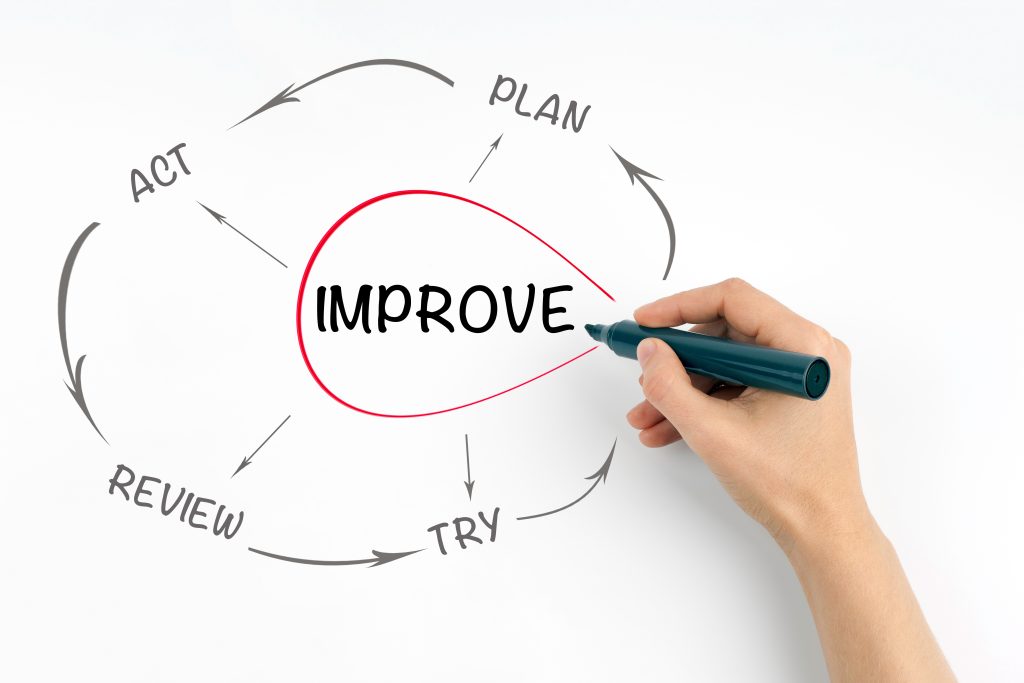Digital Solutions – Bridging Technology and Operations for Seamless Supply Chain Execution
In today’s fast-paced and data-driven supply chain landscape, Warehouse Management Systems (WMS) and Enterprise Resource Planning (ERP) solutions serve as the backbone of operational efficiency. However, many organizations struggle with successful implementations due to misalignment between system capabilities and operational realities. At Smart Chain Solutions, we specialize in delivering end-to-end WMS and ERP rollouts, ensuring that businesses transition smoothly from legacy processes to fully integrated, data-driven operations.
Our Expertise in WMS & ERP Implementation
With over a decade of experience leading large-scale ERP and WMS transformations, our team brings deep expertise in solution architecture, process mapping, and operational harmonization. Our professionals have successfully implemented SAP ERP, Microsoft Dynamics, AXELOT WMS, and Exact Globe batch control systems, among others, across industries including retail, FMCG, and manufacturing.
We understand that technology alone does not drive efficiency—its effectiveness depends on a well-structured process framework, workforce adaptation, and seamless data integration. Our approach ensures that your ERP and WMS systems are not only implemented correctly but are also aligned with real-world operational needs and strategic objectives.
The Challenges in WMS & ERP Implementation

Many organizations experience bottlenecks and inefficiencies in system rollouts due to:
Lack of Operational Process Clarity – Poorly documented workflows lead to gaps between system functionalities and on-ground execution.
Gap Between ‘As-Is’ and ‘To-Be’ Processes – Without a well-defined transition strategy, new systems often fail to deliver expected efficiency gains.
Resistance to Change – Employees accustomed to legacy systems may struggle with process adoption, leading to poor utilization of new tools.
Ineffective Data Migration & System Configuration – Mismatches in data structures and poor system parameterization can cause operational disruptions.
Limited Scalability Planning – Systems that are not designed for future business growth lead to premature obsolescence and additional costs.
Our Approach – Ensuring a Successful WMS & ERP Rollout
we employ a structured, industry-best-practice-driven approach to WMS and ERP implementation. Our methodology ensures a seamless transition from current operations to an optimized, automated, and data-driven supply chain model.
Current State Assessment & Process Mapping
Conduct in-depth operational audits to identify existing bottlenecks.
Map ‘As-Is’ processes using Lean Six Sigma methodologies to identify inefficiencies.
Establish baseline KPIs to measure post-implementation improvements.
Gap Analysis & Future State (‘To-Be’) Design
Define optimized ‘To-Be’ workflows tailored to industry best practices.
Identify required system customizations to align with operational needs.
Establish a data governance framework for seamless ERP-WMS integration.
System Configuration & Data Migration Strategy
Parameterize ERP/WMS settings based on business rules and compliance requirements.
Clean, standardize, and migrate legacy data to ensure system integrity.
Conduct interface testing and end-to-end data flow validation.
Change Management & User Training
Develop Standard Operating Procedures (SOPs) aligned with system functionalities.
Conduct cross-functional training workshops to ensure system adoption.
Implement a progressive go-live approach to minimize disruptions.
Continuous Monitoring & Performance Optimization
Establish real-time dashboards and KPIs to track system performance.
Identify post-go-live enhancement opportunities through operational data analysis.
Provide ongoing technical support and process fine-tuning.

At Smart Chain Solutions, we don’t just implement software—we transform supply chain ecosystems to deliver lasting competitive advantages.